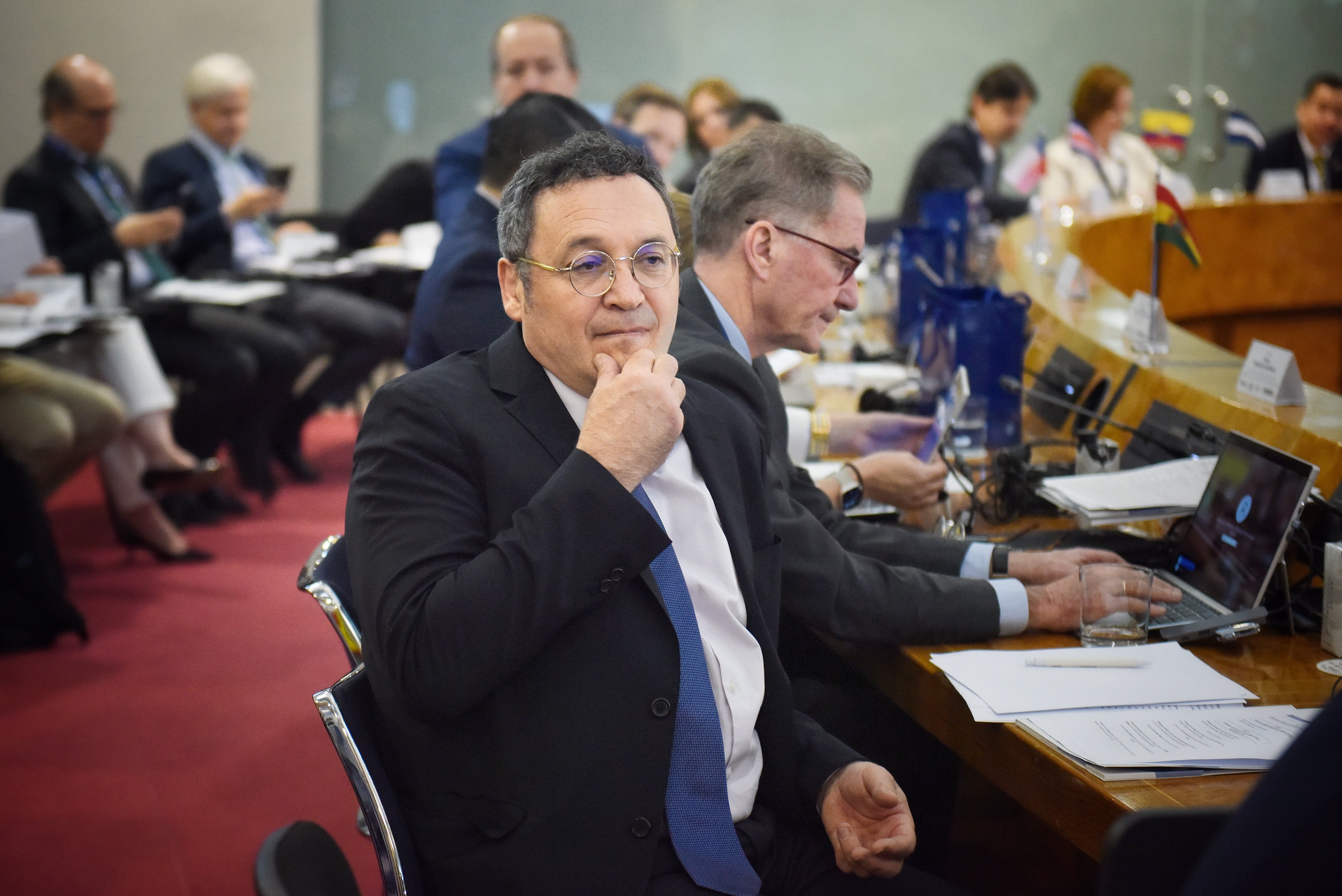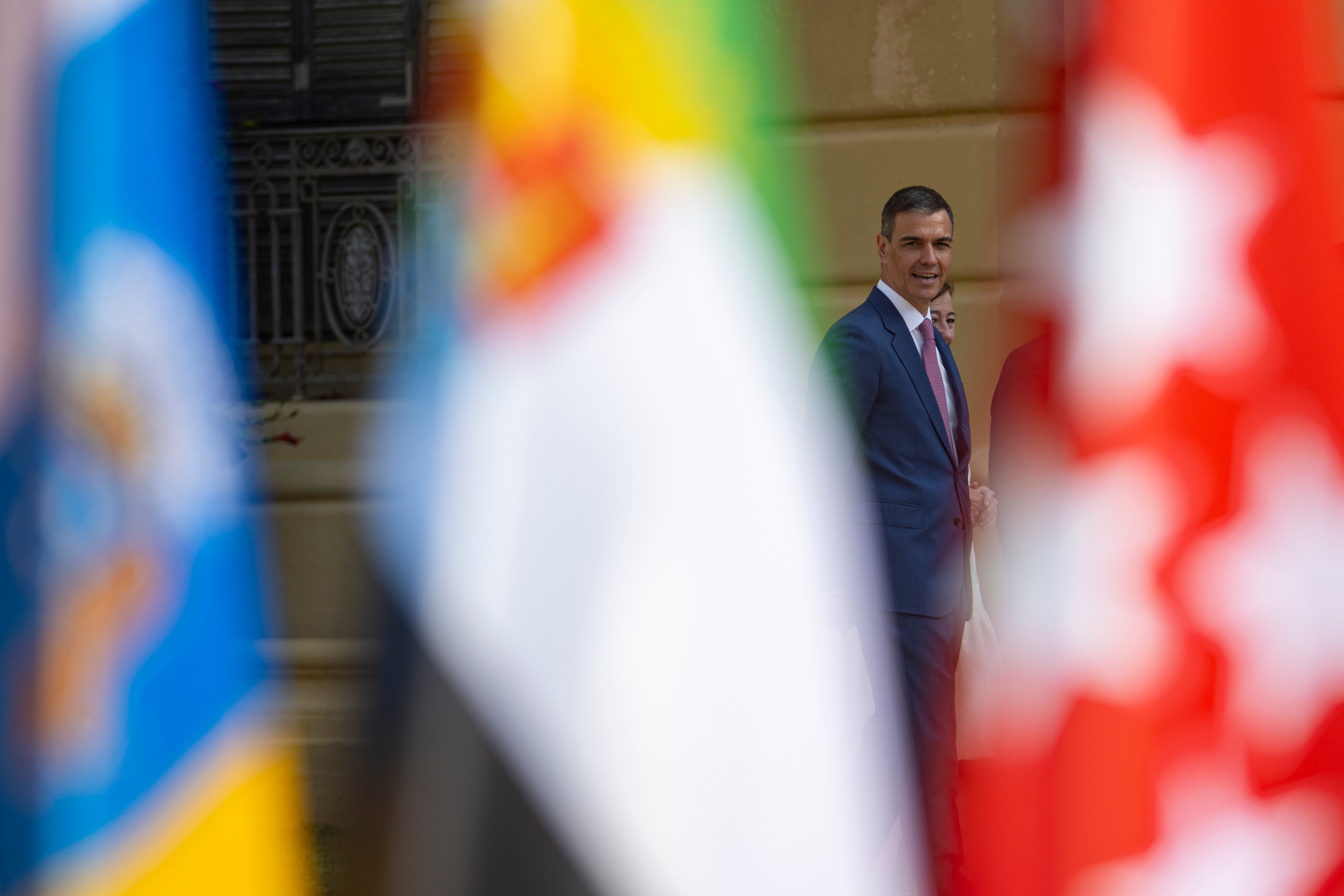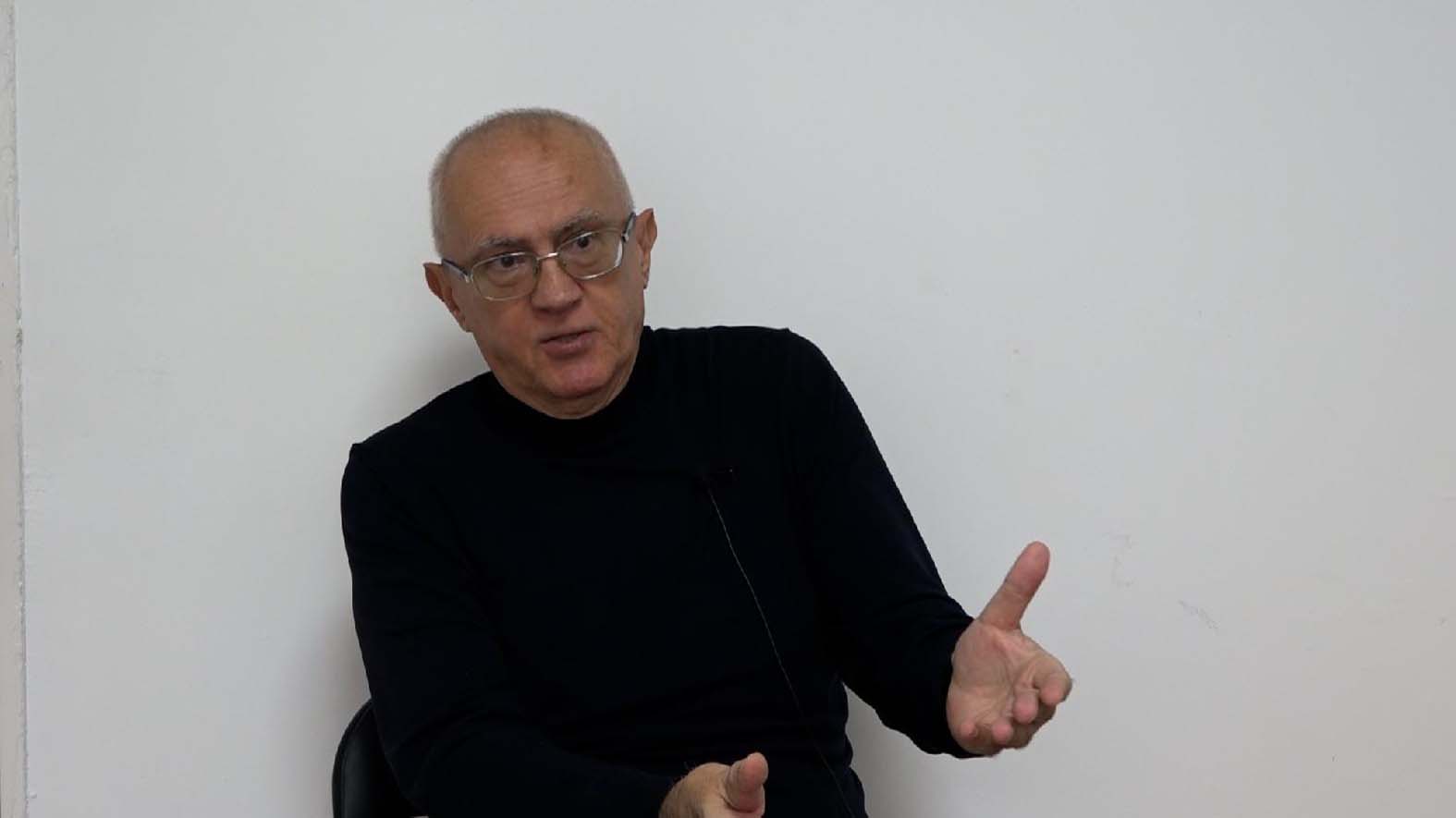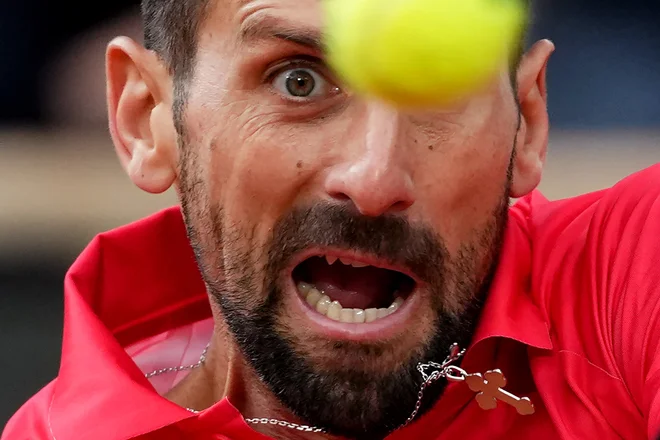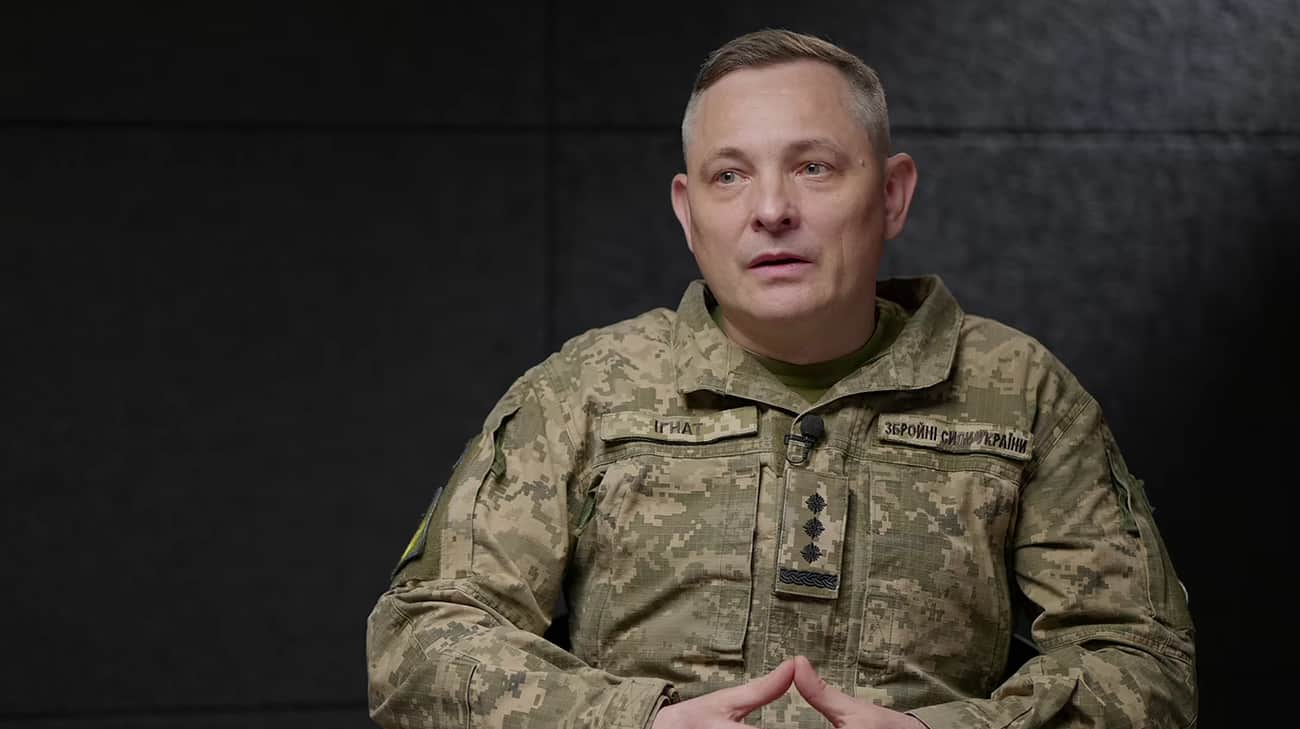The Constitutional avoids the clash and will not prevent the Seville audience from taking the case of the ERE to Europe | Spain
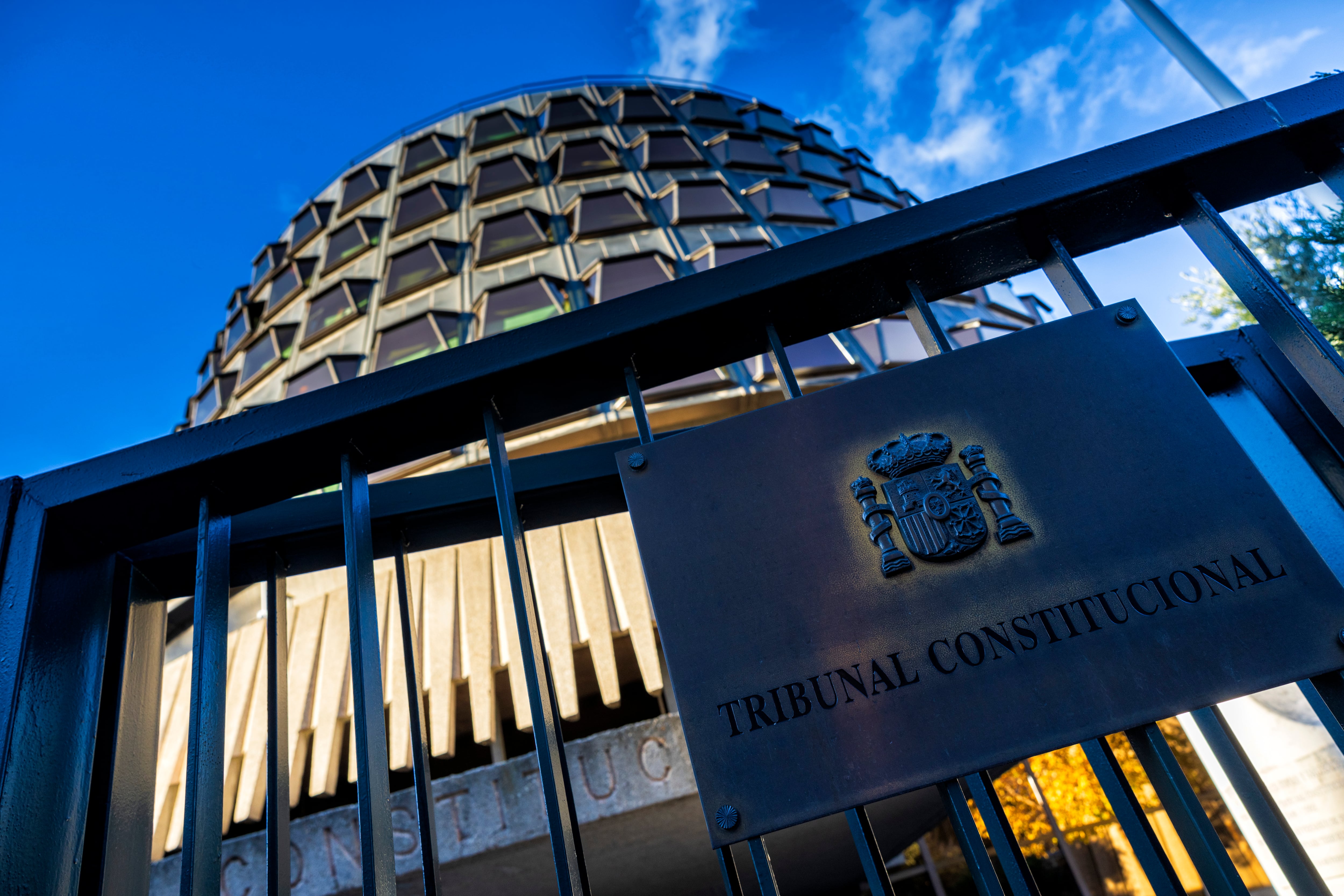
The Constitutional Court will not oppose that The Seville Audience goes to European Justice To clarify in what terms the sentences of the ERE of Andalusia have to apply. In its plenary session, the Court will sustain a “legal debate” on the decision of the First Section of said hearing with the purpose of trying to unify criteria on how the “effective compliance” of the constitutional resolutions with the appearance of controversies on specific cases should be guaranteed. It is what has happened in this case, in which the sentencing court in the main case on the ERE – now with another composition – has doubts about the compatibility of the sentences of the Spanish guarantees and community law body. With this foundation, the audience of Seville has resolved, to PP instancesraise a consultation or preliminary ruling before the Court of Justice of the European Union (TJUE), questioning the performance of the Constitutional and the supposed undue review of ordinary justice failures.
The purpose of the plenary is not to make concrete decisions, although at first it was thought to do so. The request of the Seville Court asking for allegations to the parts of the ERE case caused a serious concern, also coinciding with another similar initiative of the Superior Court of Justice of Madrid (TSJM), in a case related to the review of an award. The first reaction, especially among the magistrates of the majority sector, progressive, was to consider the study of the possible annulment of the providence with which the Sevillian audience began the procedure to go before the aforementioned Strasbourg Court. However, this route was soon reviewed and an internal dialogue process was chosen in order to try to find consensual solutions on the primacy of the state planning or the European in cases of alleged collision, especially in cases such as that of the ERE, in which the Seville audience did not go to the TJUE when he issued his sentences, but now, when what corresponds to him is to execute the constitution.
From the last plenary, the president of the court, Cándido Conde-Pumpidoand several magistrates have commissioned reports to various lawyers of the Guarantees Body, and the Prosecutor’s Office has also sent yours. Together, the former agree that the EU Court of Justice should not be prevented from the Seville Court. The Public Ministry, however, estimates that there are no reasons to present a preliminary ruling. The dissemination of the reports of the lawyers has generated discomfort in the court, especially in the majority sector, which considers them internal documents to guide the debates of the plenary.
On the other hand, the desire to avoid tensions between the Constitutional, on the one hand, and the Hearing of Seville and the Supreme – who supported the judgments of the sentencing court – on the other, have influenced the resignation of the progressive group of the Guarantees Body. And in the same or greater extent the aforementioned reports favorable not to prevent consultation with European justice have also influenced. Along with this, it has also been estimated that the preliminary ruling would have few possibilities of translating in an annulment of the constitutional decisions. The progressive majority of the court is convinced that their resolutions did not violate any precept or principle of European law and that the sales that their resolutions meant for convictions for the crimes of prevarication and embezzlement, imposed to what was the dome of the Junta de AndalucíaThey have no turning back and in any way they can be annulled.
To preserve the anonymity of the authors of the internal reports, in the distributed specimens the name of the lawyer in charge of each of them is omitted. In any case, court sources underline the existence of basic coincidences in the texts. One of them, for example, emphasizes that « the national judicial body has an important margin of appreciation in the filing of the preliminary ruling. » And later he adds that the National Court’s decision to file this issue must be « based solely on the criteria of law of the Union, without national law being able to eliminate the freedom of the National Court to raise the issue. » The consequence has been – he continues – that through preliments in various countries of Europe « the jurisprudence of the Constitutional Court of a Member State has been questioned. »
Another of the reports in the hands of the Guarantees Body considers that the competence to appreciate that the need to raise a preliminary ruling “corresponds exclusively and freely, at the initial moment, to the judge or court that decides to propose it and, definitively, to the TJUE, without the possibility of interference of any other national court, including the Constitutional Court”. The Prosecutor’s Office, on the other hand, defends in its brief the sentences of the Body of Guarantees affirming that “the interpretation that the Constitutional performs of the crimes of prevarication and embezzlement is inserted in an area of control of the prohibition of carrying out extensive interpretations against reo that dimensions of the principle of legality” proclaimed by the Constitution.


